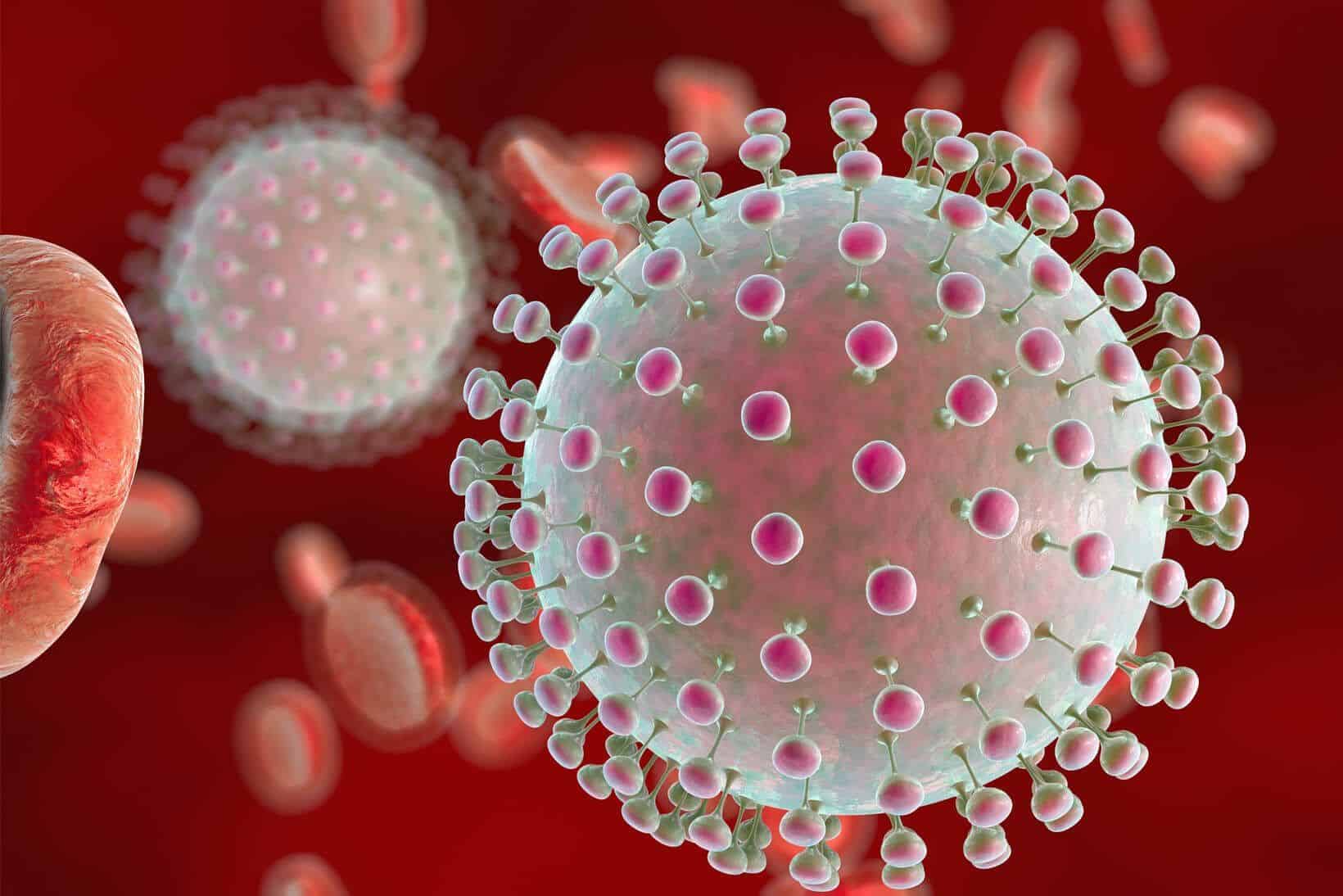6 Things to Know about Zika
Probably you already heard about the Zika virus. If not, you can read more about it here. This virus is the one that is prompting causing worldwide concerns because of the major damages it can cause to pregnant women and newborn babies. But before you start to worry more and more, here are six things you need to know about Zika Virus:
What Is It?
It is a virus that is mainly transmitted by mosquitoes of the genus Aedes, usually in tropical regions. These mosquitoes tend to bite during the day, especially at dawn and dusk. They are the same mosquitoes that transmit dengue, chikungunya fever, and yellow fever.
It was first identified in 1947 in India. But it was not until 1952 that it was found in a human being. In Mexico, 5,854 cases of Zika have been confirmed, from which 2,999 are from pregnant women.

What Are the Symptoms?
Generally, the symptoms last between four to seven days. They consist of: fever, rashes, conjunctivitis, muscle and joint pain, general discomfort, and headaches. Sometimes, skin rashes will begin to appear on the infected person’s face and spread all over his or her body. Less common symptoms include vomiting, diarrhea, abdominal pain, and a lack of appetite.
How Is It Transmitted?
Through the bites of infected mosquitoes from the genus Aedes. Especially in tropical regions. They usually bite during the day, especially at dawn and dusk, and they can also transmit dengue, chikungunya fever, and yellow fever.
It can also happen through sexual intercourse because it remains in the sperm – perinatal; from the mother to the fetus, and through blood.
Is it Serious?
The more serious complications caused by this virus happen only in pregnant women. Causing congenital anomalies in fetuses.
The Center for Disease Control (CDC) confirmed the correlation between the Zika virus and certain birth defects, such as microcephaly, a disorder in which babies are born with brain damage and a shrunken head. Since most infected people do not show or feel symptoms, pregnant women may not even be aware of their infection, thus putting their fetuses at risk.
Is There a Vaccine or Treatment?
In its early stages, the disease caused by this virus is relatively mild and does not need a specific treatment. Patients should be resting, drinking enough liquids, and taking medications for pain and fever.
To this day there are no vaccines for Zika. It is of utmost importance to pay attention to the symptoms. If they worsen, you should see the doctor.
Can it Be Prevented?
Protecting yourself from mosquito bites is essential in preventing this virus. You can protect yourself by wearing clothes that completely cover your body, installing physical barriers, such as mosquito nets in buildings, and by keeping doors and windows closed. Always use insect repellents.
It is important to empty, clean, and regularly cover up areas that accumulate water, since mosquitoes that transmit this virus can grow in both clean and dirty water at any time of the year.




